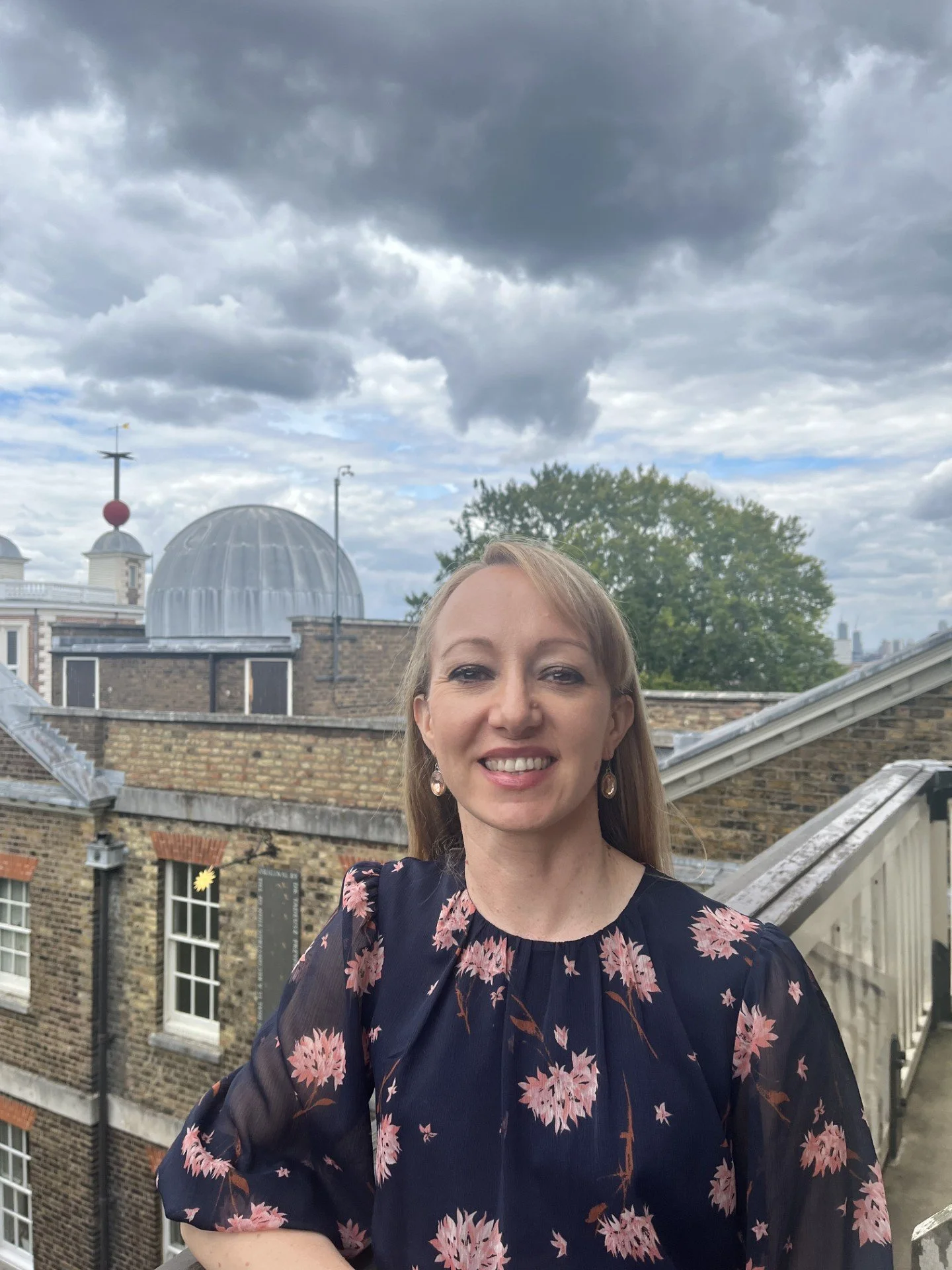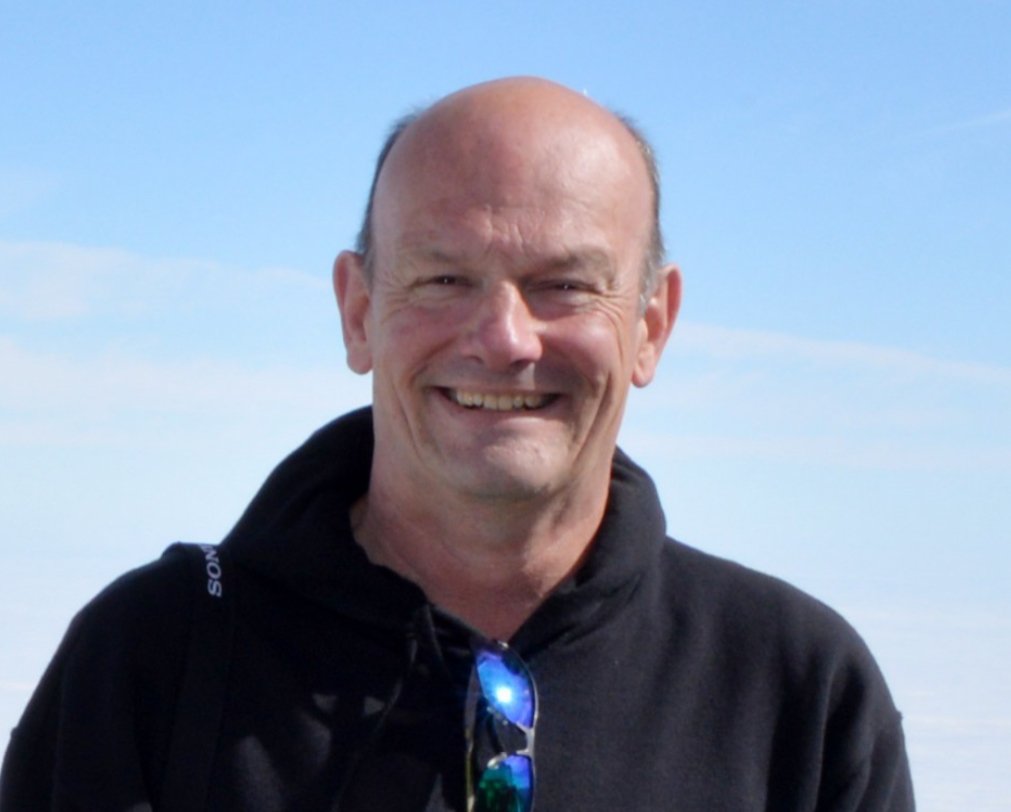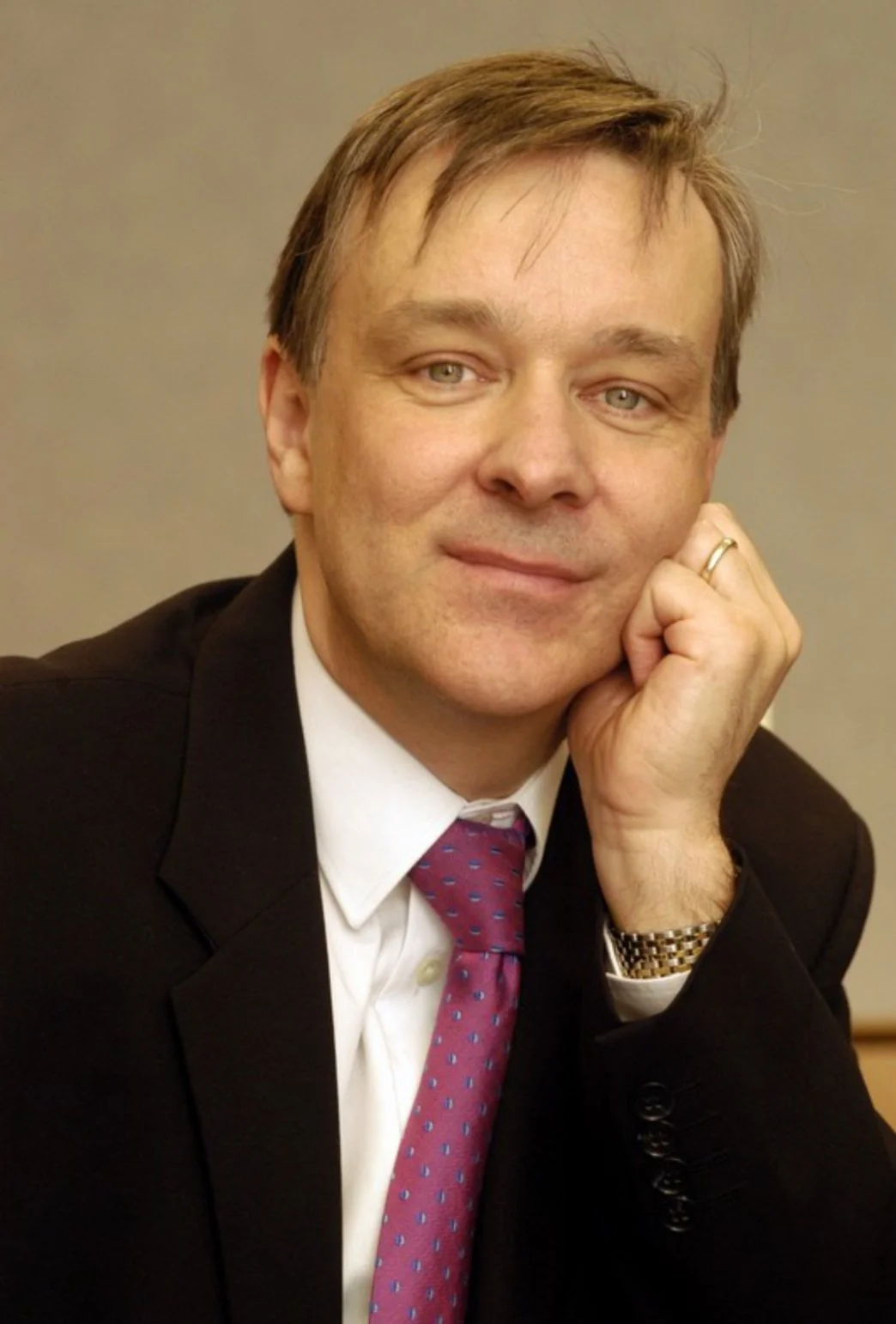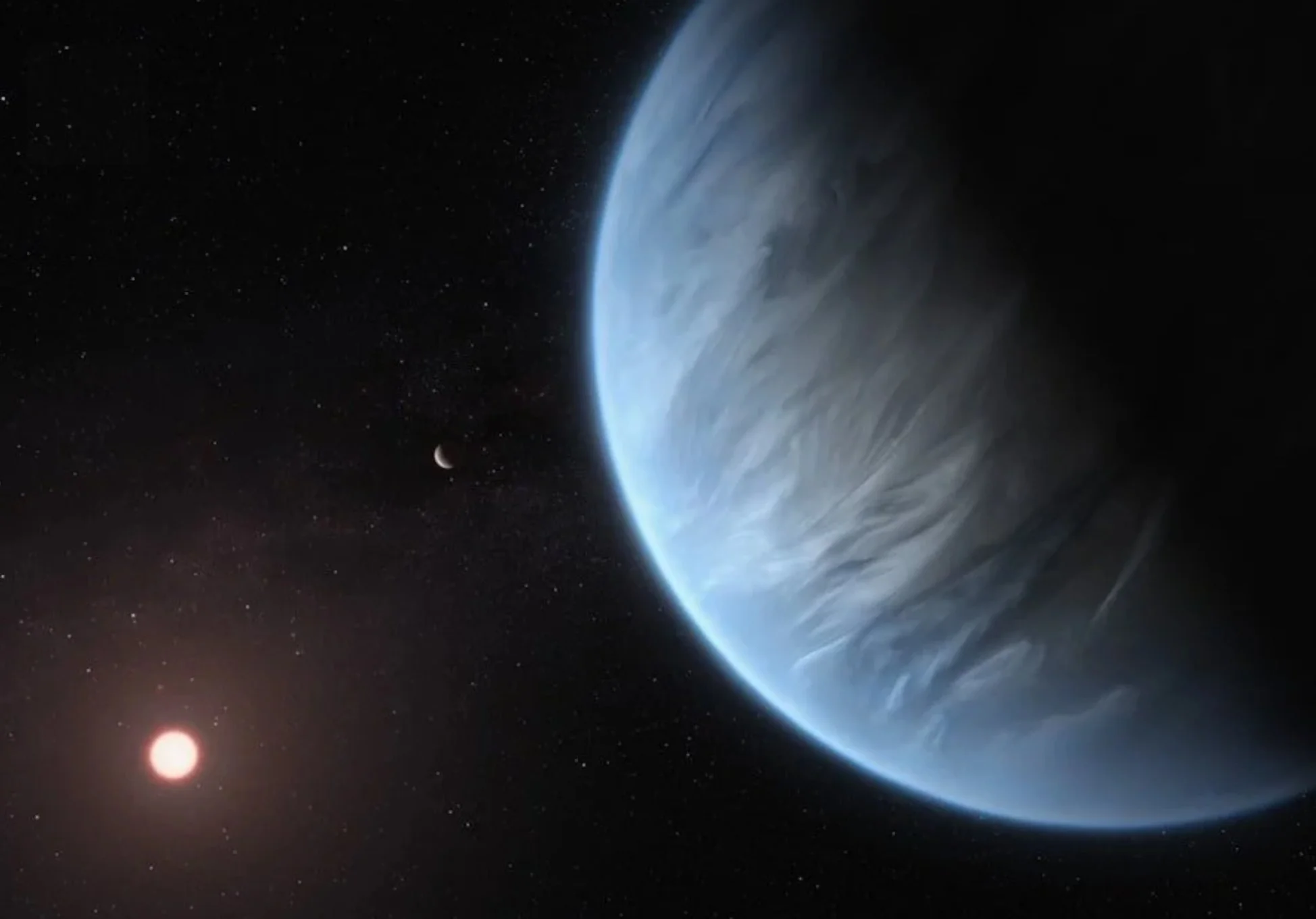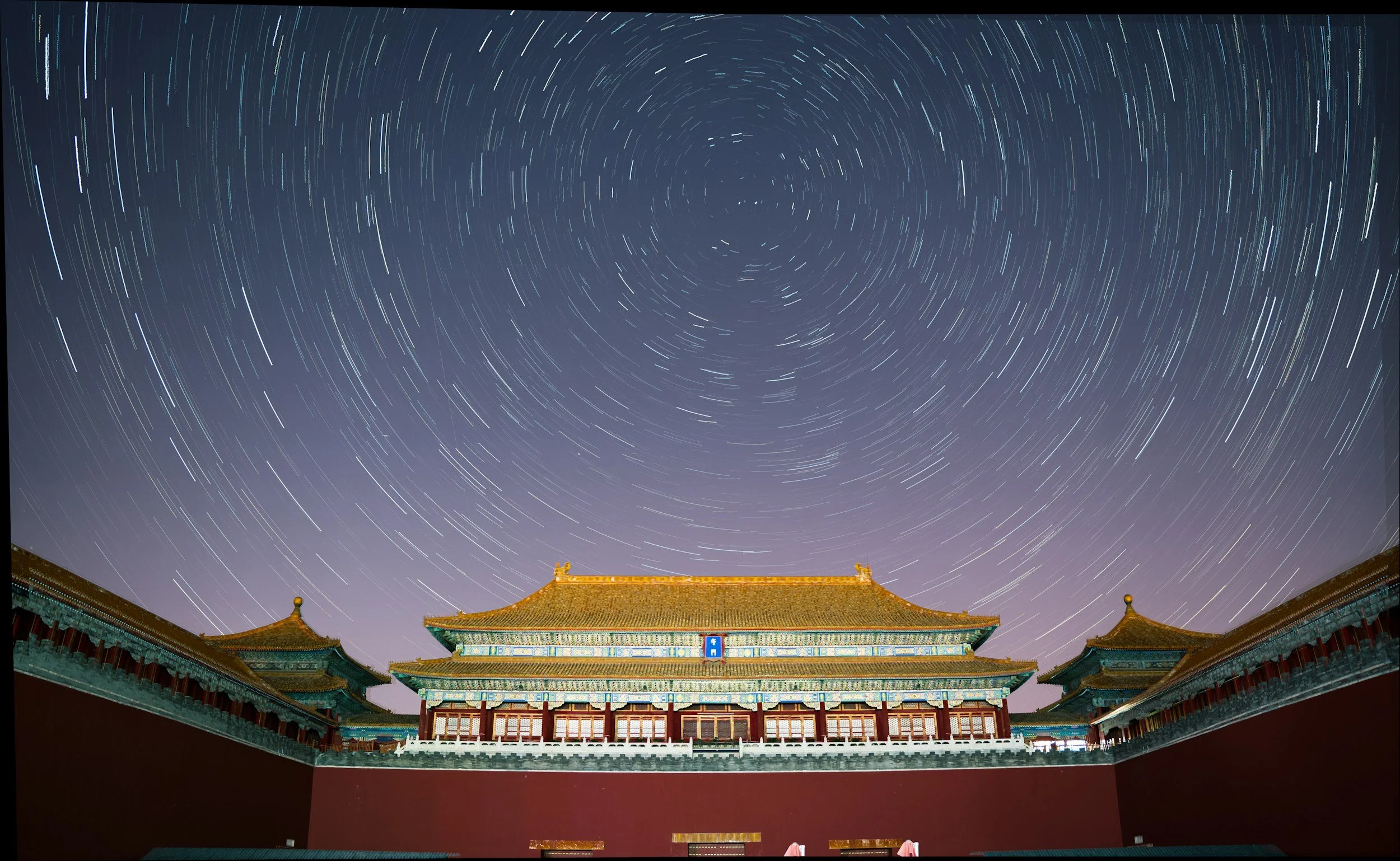The society hosts monthly public lectures presented by industry or academic experts in the Whittle Theatre at the Cody Technology Park. There is a small charge for non-members to attend these public lectures.
We also host smaller, more informal presentations for members at the Observatory as part of our basic astronomy sessions and our CARS (Cosmology, Astronomy & Rocket Science) programme.
All of the meetings are free to members.
IMPORTANT NOTE: It is now essential that you pre book 48hrs ahead for all events due to the change in site passes and bring a form of ID when you attend (photo driving license or passport) without a booking you will unfortunately not be able to attend.
Forthcoming Lectures and Events:
Thursday 5th March 2026
7:30pm - The Observatory
Club Night
Our regular, first Thursday in the month, evening session to meet up, chat, discuss astronomy and any other areas of interest. You can bring in your equipment and compare the size of the telescopes and potentially maybe even observe objects in the night sky - weather permitting of course.
It’s a great opportunity to meet and get to know new members of the society and also to help each other out with the technical or equipment issues we’ve all encountered.
Due to changes in passes as mentioned above this will now need pre-booking.
Thursday 12th March 2026
7:30pm - Whittle Lecture Theatre
Royal Observatory Greenwich: A History in Objects
Presented by Dr Louise Devoy - Senior Curator, Royal Observatory, Greenwich
At the heart of international timekeeping and navigation stands the Royal Observatory, Greenwich, a place where science and innovation intersected to shape the modern world. Today, as the home of Greenwich Mean Time (GMT) and the historic prime meridian, 0° longitude, it is an institution of international renown.
Louise Devoy explores the rich legacy of this famous site through 100 fascinating objects. Alongside the Observatory’s clocks, telescopes, journals and instruments are family photos, paintings and even a bespoke observing suit that reveal the domestic world of the Astronomer Royal.
From the intricacy of John Harrison’s revolutionary timekeepers to the impressive scale of the Great Equatorial Telescope, each item demonstrates the Observatory’s achievements in pioneering astronomy, innovative engineering, accurate time distribution and collaborative scientific projects. Together they chart the development of the Observatory from its founding in 1675 to its growing influence on travel, trade and communication that continues to underpin our lives today.
Louise has a background in astrophysics and the history of science and has worked at various museums in the UK and abroad. She has contributed to exhibitions such as Cosmos and Culture (Science Museum, 2009), Observatory Life (Royal Observatory, Greenwich, 2016) and The Moon (National Maritime Museum, 2019). Her research interests encompass astronomical instruments, women in astronomy and networks of knowledge exchange between historic observatories.
Over the past five years Louise has delved into the archives and museum stores to choose 100 objects and their stories for her book Royal Observatory Greenwich: A History in Objects, published to celebrate the Observatory’s 350th anniversary in 2025.
Please book with Phil Alner Please click here to reserve your place.
Tuesday 17th March 2026
7:30pm - The Observatory
CARS #33 - Cosmology, Astronomy & Rocket Science
CARS are informal gatherings to watch videos related to cosmology, astronomy, rocket science and other topics of mutual interest, and to chat about them.
The videos for CARS 33 will be:
1. TBA
As ever space is limited please book your seat as soon as practical.
Thursday 2nd April 2026
7:30pm - Whittle Lecture Theatre
Interstellar comets
Presented by Nick James
Comets are fascinating objects and great fun to observe. Until a few years ago all of the comets that we knew about were members of our Solar System. That has now changed and, of the three interstellar objects that we have seen, two are definitely cometary and the remaining one may have shown some cometary behaviour. This talk will review our current knowledge.
Nick has been interested in astronomy for as long as he can remember, certainly since the age of 8. He has been a member of the British Astronomical Association since he was 12 and is now the Director of its Comet Section. Nick is also Assistant Editor of The Astronomer Magazine. He has written many articles for magazines and books, and co-authored "Observing Comets" which was published in 2003 as part of Sir Patrick Moore’s Practical Astronomy series.
Professionally, Nick is a chartered engineer in the space industry, leading a team responsible for implementing highly sensitive and accurate systems for receiving and processing signals from deep-space spacecraft. He mentors early careers engineers and is a STEM (Science, Technology, Engineering and Maths) ambassador who is keen to encourage more young people to consider science and engineering as a career.
All of this keeps him pretty busy but he still finds time to travel extensively to see astronomical phenomena. He is an eclipse chaser, having seen 18 total solar eclipses and has travelled to see the northern lights, comets and other interesting astronomical objects under dark skies.
Please book with Phil Alner Please click here to reserve your place.
Thursday 7th May 2026
7:30pm - Whittle Lecture Theatre
Astronomy for a Rainy Day
Presented by Andrew Thomas - UKRAA
Radio Astronomy was invented by a radio amateur and astronomy has benefited ever since. The talk will look at the origins of radio astronomy and some of the observations which can (and some that cannot) be made without needing a giant dish in the back garden including:
A brief history of Radio Astronomy
Practical Observing
Meteors and the new UK Beacon
Cosmic Rays & Muon Detectors
Gamma Ray Burst
Some of the projects will be illustrated with a small display equipment and some books for sale.
Andrew had a long standing interest in astronomy which was re-energised by a chance encounter with a self declared ‘amateur radio astronomer’. After consulting “Professor Google” it became clear that there were simple projects which did not require extensive technical knowledge, practical electronic skills or much cash. Not to mention no need for a clear sky or late nights out in the cold.
Andrew describes himself as an enthusiastic self taught amateur, who enjoys developing and sharing his understanding of the science behind the observations. His first project was to observe the ionosphere. Observations have expanded to include Magnetometry and cosmic rays.
He is a Trustee of the UK Radio Astronomy Association and active in the BAA radio astronomy section.
Please book with Phil Alner Please click here to reserve your place.
Thursday 4th June 2026
7:30pm - Whittle Lecture Theatre
Detection of Exoplanets in PCEB binary systems using Eclipse Time Variations (ETVs)
Presented by Ian Sharp - BAA
The talk describes the speakers research into the Exoplanets that have been found by the technique of Eclipse Time Variations.
Post-Common Envelope binary star systems are described and why they are used for this work.
The practical techniques of the photometry involved and light-curve analysis are discussed.
The analysis of ETV O–C diagrams is discussed and the possible causes for variations that are seen in them, including the possible influence by unseen bodies.
The results of the published research are covered along with the surprising conclusions!
The speaker has been a passionate amateur astronomer since the late 1960’s. Obtaining a degree in Physics and Electronics from London University in 1981, the speaker went on to pursue a career path covering Seismology in Africa, developments in Robotics and Medical Electronics and finally building a software consultancy in the mid-90’s.
Now retired, the speaker is a very active astronomer now publishing research in professional journals such as the MNRAS.
This year, he was awarded the BAA Steavenson Award for outstanding contributions to observational astronomy
Please book with Phil Alner Please click here to reserve your place.
Previous Lectures and Events:
Tuesday 10th February 2026
7:30pm - The Observatory
CARS #32 - Cosmology, Astronomy & Rocket Science
CARS are informal gatherings to watch videos related to cosmology, astronomy, rocket science and other topics of mutual interest, and to chat about them.
The videos for CARS 32 will be:
1. TBA
As ever space is limited please book your seat as soon as practical.
Tuesday 3rd February 2026
7:30pm - Whittle Lecture Theatre
Ancient Chinese Astronomy- The first 3000 years
Presented by John Hargreves
The talk examines the astronomical activity in China over the period from approximately 2000 BCE to 1000 CE. During the earlier part of this period China had little contact with outside influences, making it possible to identify the unique aspects of Chinese astronomy, and astrology.
Chinese emperors were all powerful and it was to them that the observers and interpreters owed their livelihood and allegiance. Failures could have dire consequences for the unfortunate bearer of unwelcome news or incorrect predictions. Their isolation resulted in them developing an interesting and different way of describing the heavens. However, as we will see, their detailed star maps, observations and predictions of cosmic events were remarkably accurate, and compare well with modern equivalents. Sophisticated instruments were developed during this period but the prime assets was undoubtedly time, apparently endless patience and the production of detailed records. A good, if not always correct, understanding of cosmic fundaments was developed and many basic “truths” revealed.
I hope that you will find this exploration of the Chinese understanding of the cosmos as fascinating as I do.
Please book with Phil Alner Please click here to reserve your place.

